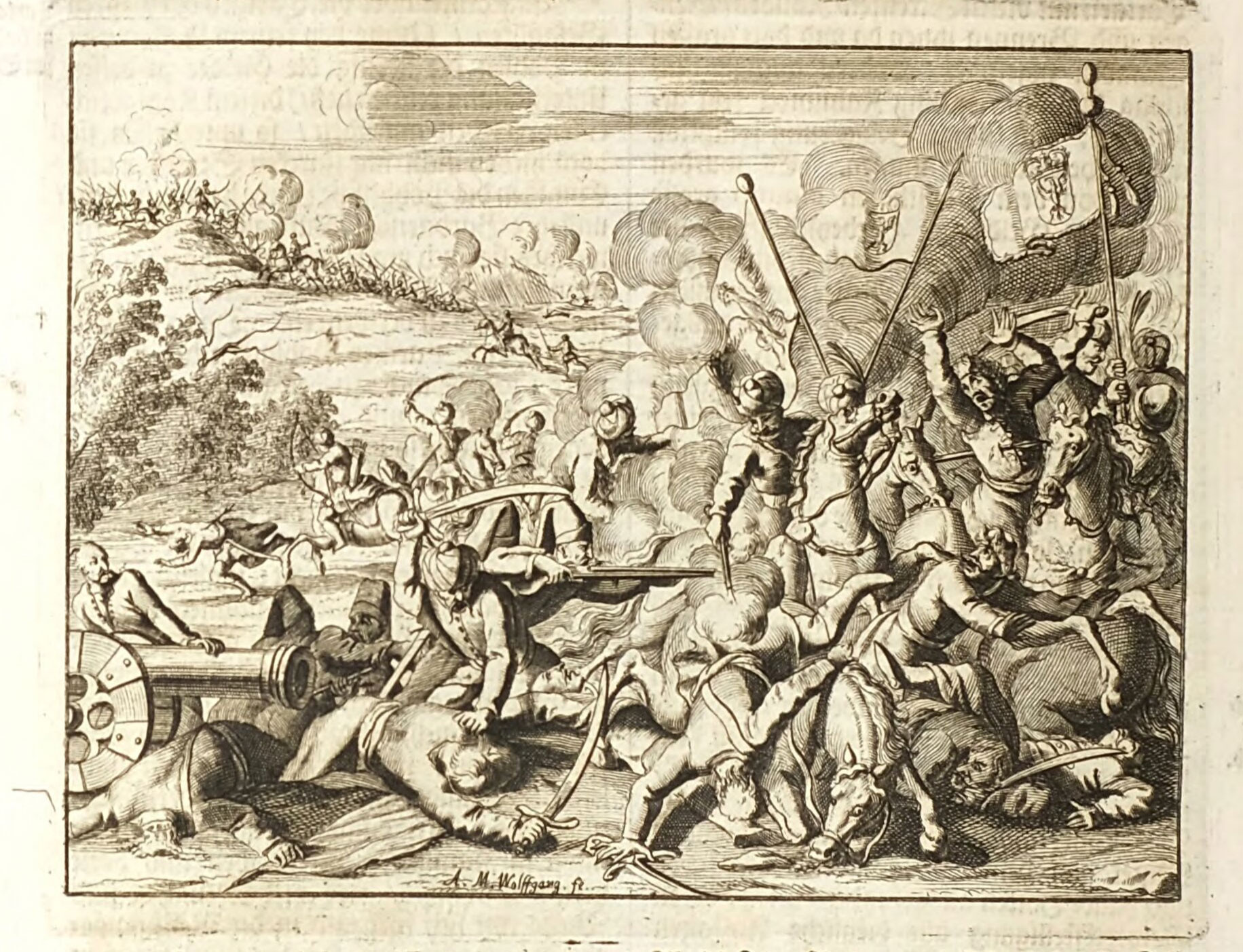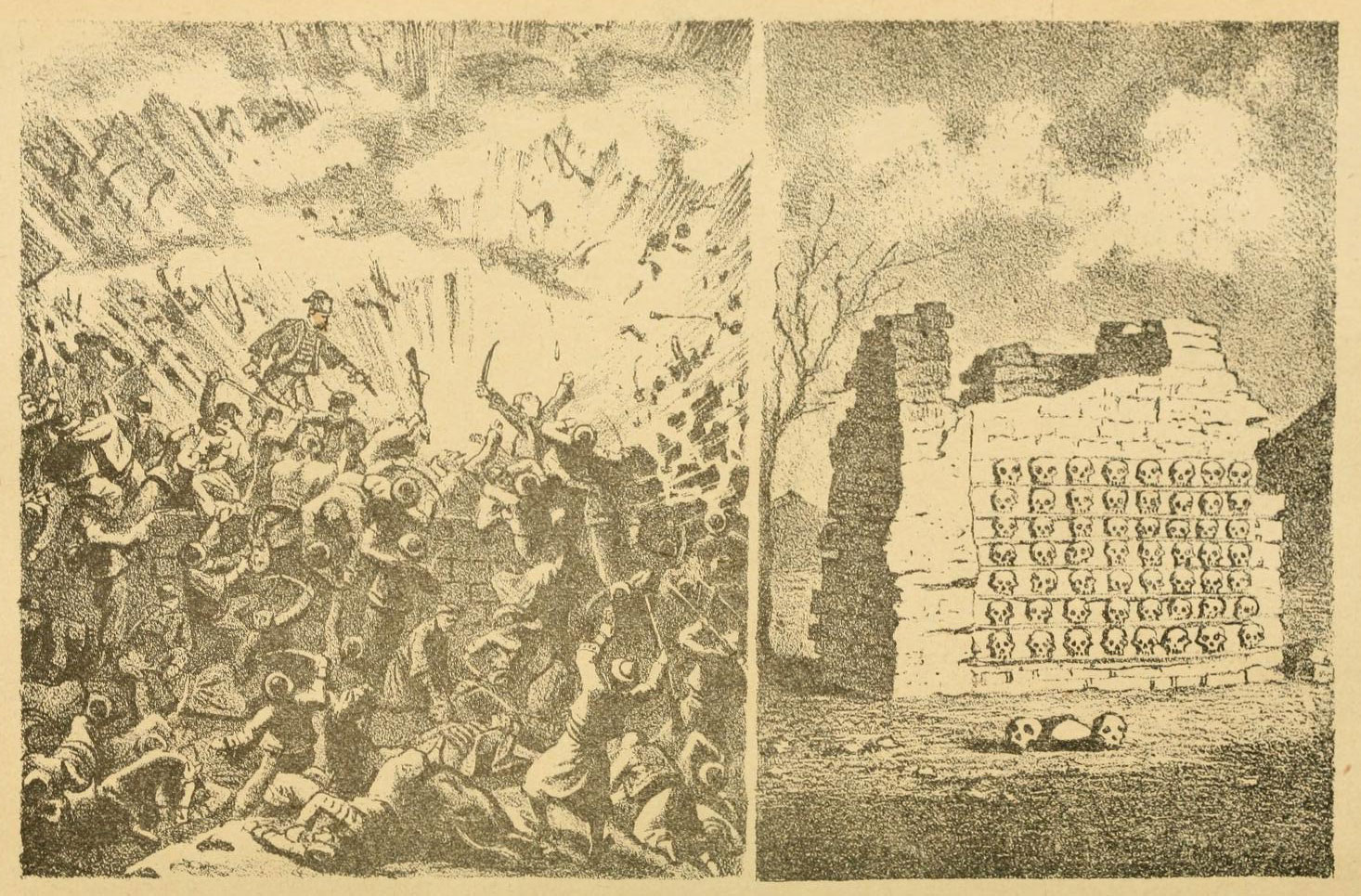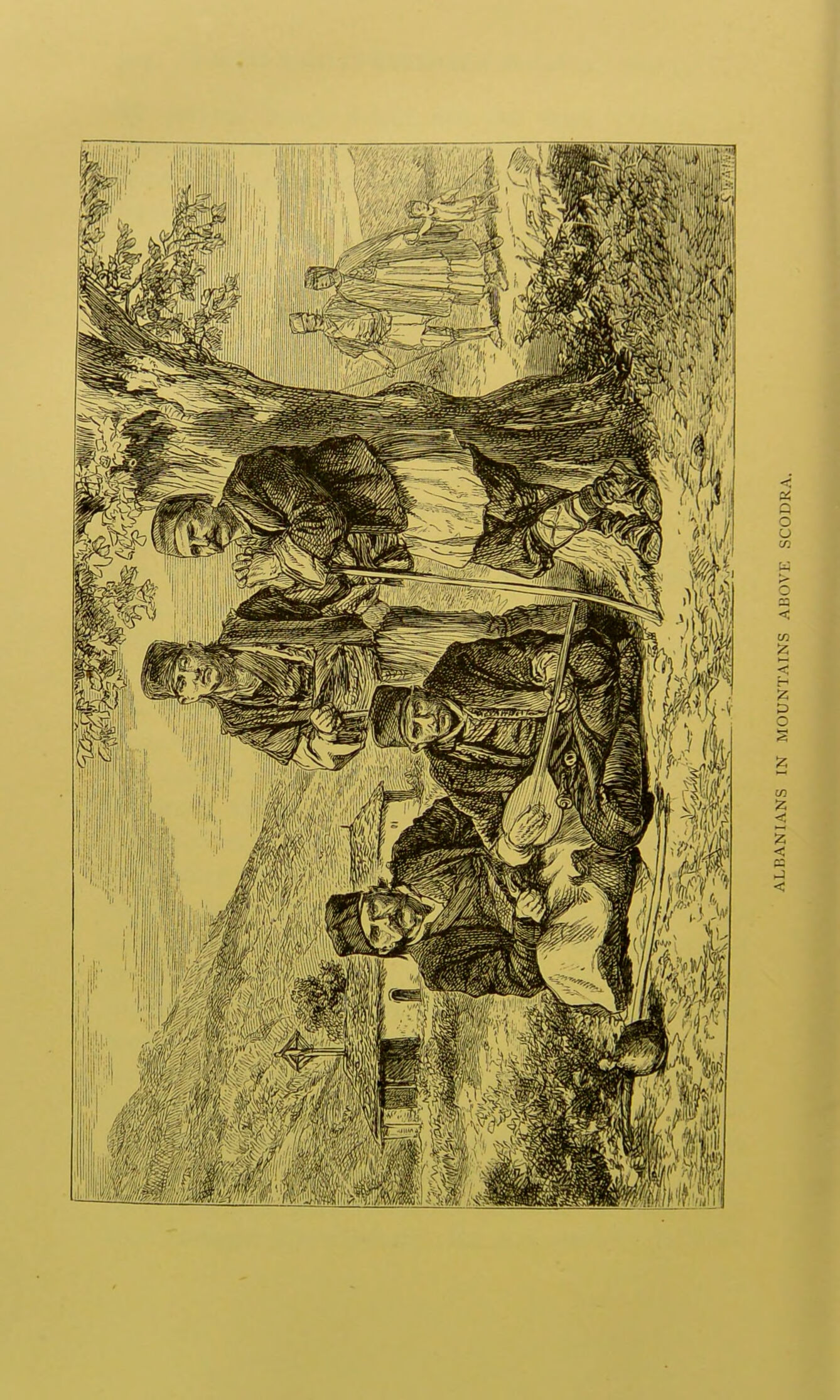He was born in a today unknown village near Prizren in 1627, according to records recorded in Rome. He has served as a priest and archbishop in various centers of the Balkans, mainly in Kosovo. His family seems to have had a house in Janjevë, and maybe in Pristina. In one of his reports sent to Rome, he also briefly describes the city of Pristina, which in his time had a small church dedicated to Saint Mary half a kilometer away from the city. He was dedicated to improving the position of Albanians within the structures of the Catholic Church, while he was also active in the fight against the conversion of Albanians to Islam, and in the liberation from the Ottoman Empire. His ideas and sermons in this direction have culminated especially in 1689 when Bogdani had become the leader of the Catholic and Muslim Albanians who had joined the side of the Austrians in the Ottoman-Austrian war of that year. The Austrians, together with Bogdan, had liberated Prizren, Pristina and the surrounding regions. He died of the plague in Pristina on December 6, 1689. On December 1, 1689, in the last days before his death, Bogdani had written and signed his will in Pristina. We are bringing here a fragment of this testament, not translated into Albanian before:
“This is my last will, for this testament, so that it can be implemented as best as possible after my death. And the auditor and other officials who stand in the quarters here in the said city [Pristina], were ordered to be summoned; I myself have asked them to sign and seal this will after me with their hand and seal. This was done in the city of Pristina and on the above day. Pjeter Bogdani Archbishop of Skopje, hand himself.”
Pjetër Bogdani profile (1627–1689)

How to reference
Prishtina in History (2026), Pjetër Bogdani profile (1627–1689), in Y. Rugova (red.) Prishtina in History (I). Last accessed 05.02.2026: https://prishtinanehistori.org/en/article/197/pjeter-bogdani-profile-16271689



